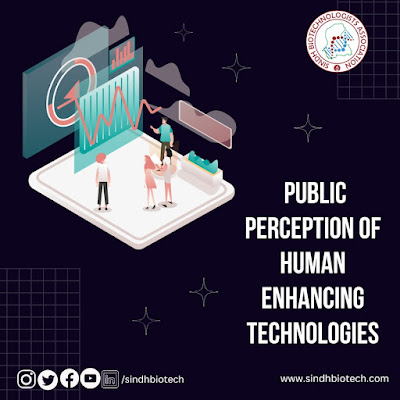Drug Addiction
Many people just don't understand why or how other people are addicted to drugs. In reality drug dependence is a complex disease, and it usually takes more than positive motives or a strong will to stop. Fortunately, doctors know better than ever how drugs affect the brain and have developed therapies that can help people recover from drug abuse and lead healthy lives.
Introduction:
Addiction is a chronic condition characterized by drug-seeking and use that is compulsive or difficult to manage, given adverse consequences. Drug abuse is not just heroin, cocaine, or other illicit substances. You can be addicted to alcohol, tobacco, prescription painkillers, and other legal drugs. At first, you could want to take a drug because you like the way it makes you feel. You may think that you can monitor how often and how often you use it. But over time, drugs change the way your brain works. These physical changes can take a long time. They make you lose self-control and can lead you to unhealthy behaviors.
Addiction is that when you can't stop it. Even when it puts your safety at risk. Except when it causes you or your loved ones physical, emotional, and other problems. The desire to get and use drugs can fill up every second of the day, even if you want to quit.
Brain Damage:
The brain is wired to make you want to replicate the experience that makes you feel good. And you're inspired to do it again and again.
Drugs that could be addictive strike the reward system in your brain. The brain is flooded with chemicals called dopamine. This induces a sensation of deep pleasure. And you're always taking the drug to chase the high. When you use drugs for a long time, it can also cause changes in other brain chemical systems and circuits. They could hurt yours:
The body and brain of each person are different. Individuals are also responding differently to medications. Many people love this feeling the first time they try it and want more. Others hate it, so they never try again.
By: Amna Rahil
Introduction:
Addiction is a chronic condition characterized by drug-seeking and use that is compulsive or difficult to manage, given adverse consequences. Drug abuse is not just heroin, cocaine, or other illicit substances. You can be addicted to alcohol, tobacco, prescription painkillers, and other legal drugs. At first, you could want to take a drug because you like the way it makes you feel. You may think that you can monitor how often and how often you use it. But over time, drugs change the way your brain works. These physical changes can take a long time. They make you lose self-control and can lead you to unhealthy behaviors.
Addiction is that when you can't stop it. Even when it puts your safety at risk. Except when it causes you or your loved ones physical, emotional, and other problems. The desire to get and use drugs can fill up every second of the day, even if you want to quit.
Brain Damage:
The brain is wired to make you want to replicate the experience that makes you feel good. And you're inspired to do it again and again.
Drugs that could be addictive strike the reward system in your brain. The brain is flooded with chemicals called dopamine. This induces a sensation of deep pleasure. And you're always taking the drug to chase the high. When you use drugs for a long time, it can also cause changes in other brain chemical systems and circuits. They could hurt yours:
- Memory
- Ability to learn
- Judgment
- Decision making
The body and brain of each person are different. Individuals are also responding differently to medications. Many people love this feeling the first time they try it and want more. Others hate it, so they never try again.
- Not everybody who uses drugs is addicted. But it can happen to anyone at any age. Some items can increase your chances of becoming addicted, including:
- Family history: Your genes are responsible for more than half of your chances. If your parents or siblings have issues with alcohol or drugs, you are more likely to have problems with alcohol or drugs. Women and men are both likely to become addicted.
- Early drug use: Children's brains are still growing, and the use of drugs will change that. And taking drugs early may make you more likely to get addicted as you get older.
- Mental disorders: When you're stressed, have trouble paying attention, or are constantly concerned, you have a higher risk of being addicted. You may turn to drugs as a way to try and feel better.
- Troubled relationships: When you have grown up with family issues and are not close to your parents or siblings, your chances of becoming addicted may increase.
Signs
of Addiction
You may have one or more of these warning signs:
- The desire to use drugs every day, or several times a day.
- You're taking more medications than you like, and for longer than you thought you’d take.
- You've already got the medicine with you, and you buy it even though you can't afford it.
- You're always using drugs, even though it causes you job issues, or makes you lash out to family and friends.
- You spend more time alone.
- You don't take care of yourself or take care of the way you feel.
- You're cheating, lying, or doing risky stuff like driving when you're high or having unprotected sex.
- You spend much of the time taking, using, or recovering from the effects of the medication.
- When you try to quit, you feel sick.
References:
- https://www.drugabuse.gov/publications/drugfacts/understanding-drug-use-addiction
- https://www.webmd.com/mental-health/addiction/drug-abuse-addiction#2
By: Amna Rahil




Comments
Post a Comment